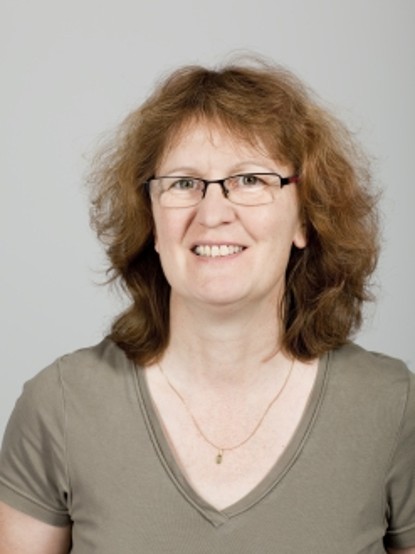Redefining Boiling Phenomena – New understanding of the heat transfer mechanisms during pool and flow boiling
Talk by Satish G. Kandlikar (Rochester Institute of Technology, NY)
2018/06/08
Prof. Satish Kandlikar will give a talk on recently identified mechanisms which have been exploited to provide a new level of boiling heat transfer enhancement. Prof. Kandlikar's recent work on pool and flow boiling has provided a mechanistic understanding of the boiling phenomena at microscale and produced enhancement structures dissipating exceptionally high heat fluxes along with very high heat transfer coefficients.
Ever since boiling received researchers' attention since 1930s, the mechanisms were mainly classified as transient conduction, microconvection and microlayer evaporation (including contact line heat transfer) in pool boiling, and nuclear boiling and convective boiling during flow boiling. Recent developments have identified several new mechanisms which have been exploited to provide a new level of enhancement. Some of the innovations include macroconvection mechanism, separate liquid-vapor pathways and tapered gap manifolds over microchannels. In addition, wicking, heterogeneous surface morphology and contact line region heat transfer have also provided new approaches for enhancing the heat transfer. These have resulted in some of the record critical heat flux and heat transfer coefficients during pool and flow boiling.
The talk will take you through this paradigm changing approach and introduce some of the recent work being conducted in the Thermal Analysis, microfluidics, and Fuel Cell lab at RIT.
Satish G. Kandlikar is the Gleason Professor of Mechanical Engineering at Rochester Institute of Technology, where he is working since 1980. He received his Ph.D. degree from the IIT Bombay in 1975. He has worked extensively in the area of flow boiling, pool boiling, CHF phenomena at microscale, single-phase flow in microchannels, electronics cooling, and water management in PEM fuel cells. He has published over 400 journal and conference papers. He is the recipient of the 2012 ASME Heat Transfer Memorial Award. His recent work on pool and flow boiling has provided a mechanistic understanding of the boiling phenomena at microscale and produced enhancement structures dissipating exceptionally high heat fluxes along with very high heat transfer coefficients.

